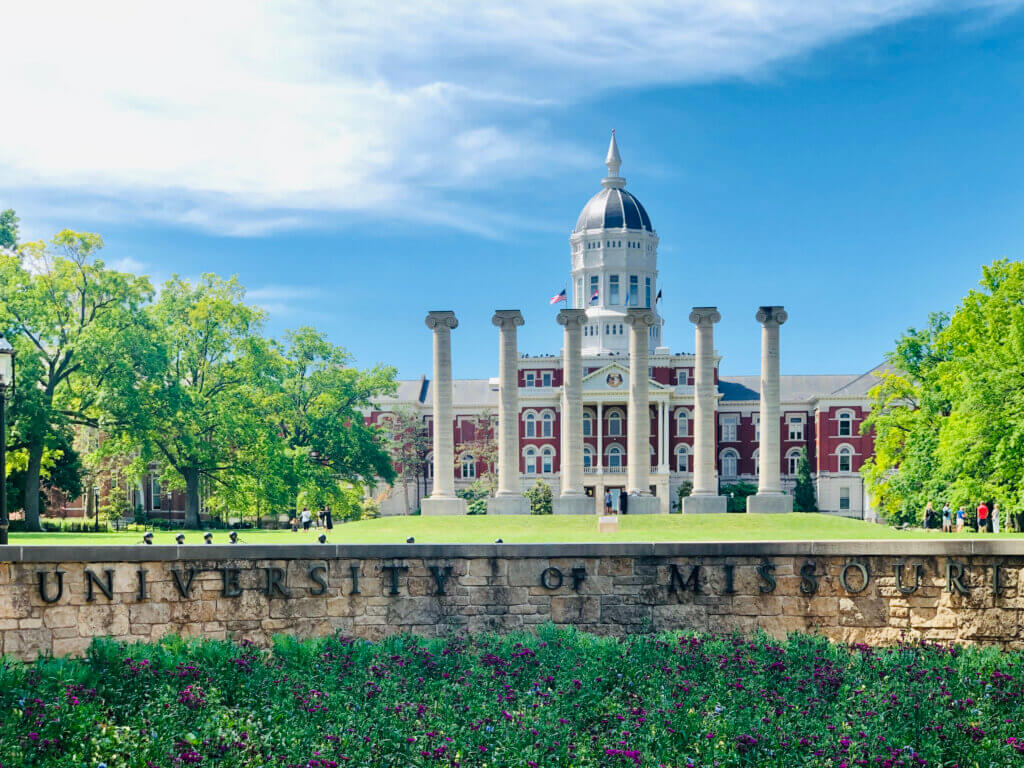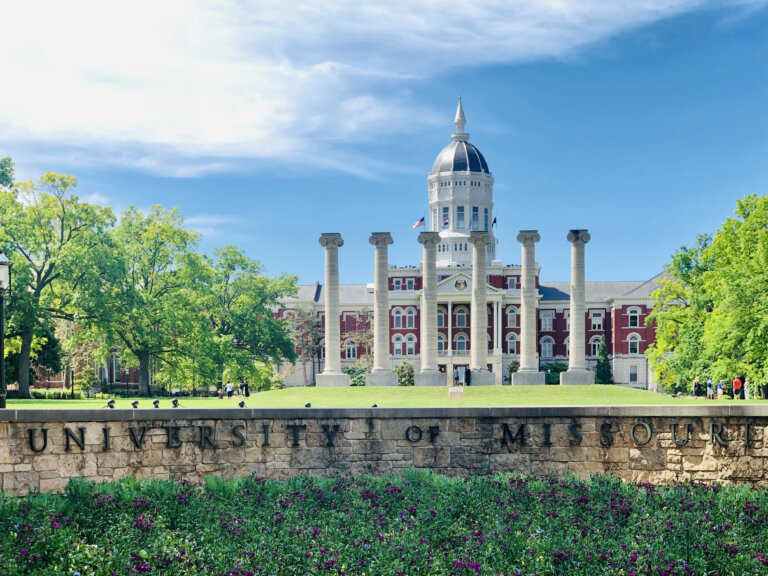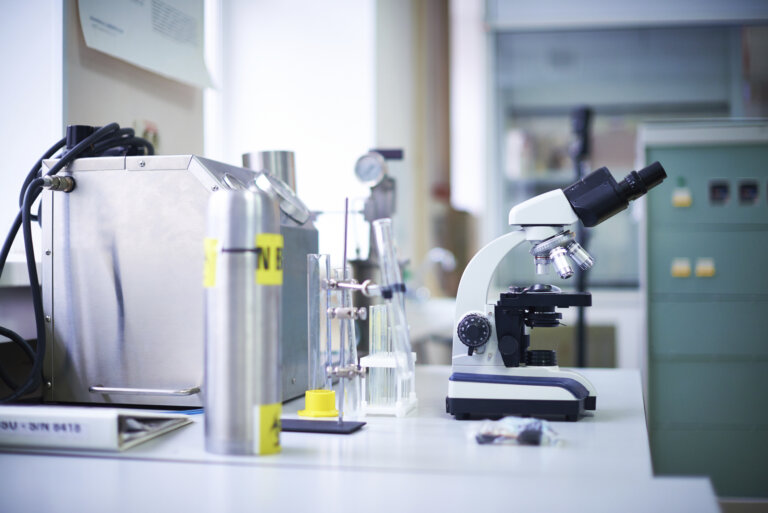The Power of Research: Mizzou’s Impact on Medicine, Environment, and the Biotech Workforce
- July 07, 2025

As the flagship research university of the University of Missouri system, the University of Missouri – Columbia (Mizzou) stands at the forefront of human health innovation, spearheading advancements that address critical challenges in environmental sustainability, cancer treatment, and biomedical research. Home to MURR, Discovery Ridge, and the state’s only public medical school, Mizzou has garnered global recognition for contributions that are shaping a healthier future for all.
From pioneering nanoplastic removal techniques to groundbreaking AI applications in genomics, cross-disciplinary breakthroughs that combine environmental science, biotechnology, artificial intelligence, and human health underscore Mizzou’s role as a leader in scientific innovation.
MURR: Powering Medical Breakthroughs
As the most powerful university research reactor in the United States, MURR plays a pivotal role in medical research and treatment. It is the sole U.S. producer of four critical radioisotopes used in treating various cancers and in diagnostic imaging. In 2024, the University of Missouri announced plans to build a new 20‑megawatt research reactor, NextGen MURR, at Discovery Ridge in Columbia, significantly expanding the capabilities of the existing 10 MW MURR.
Discovery Ridge: A Hub for Innovation
Situated near Mizzou’s main campus, Discovery Ridge Research Park serves as a nexus for research and business collaboration. This 127-acre development fosters an environment where academic research meets industry application, promoting advancements in life sciences and biotechnology. Through assets like Discovery Ridge Research Park, Mizzou plays a leading role in translating research into commercial and workforce impact.
Purifying Water: Eliminating Nanoplastics
Scientists at Mizzou have developed a liquid solution that removes over 98% of nanoplastics from water, offering a promising, sustainable way to address the growing threat of nanoplastic pollution to both humans and wildlife. This breakthrough in water purification addresses an urgent global health concern, microplastics in drinking water, by providing a scalable, cost-effective solution with broad applications in both public health and manufacturing environments. Tackling nanoplastic pollution places Missouri at the forefront of environmental health research with a worldwide impact.
AI and the 3D Genome: A Major Leap
In a significant leap for genetic research, Mizzou scientists have developed an AI model capable of predicting the three-dimensional structure of chromosomes within individual cells. This advancement allows for a better understanding of gene regulation and has the potential to revolutionize diagnosis and treatment of diseases. According to the press release, “The team has made the software free and available to scientists around the world. That means researchers can now use it to better understand how genes function, how diseases start, and how to design better treatments.”
The University of Missouri isn’t just advancing science, it’s actively shaping the future biopharmaceutical workforce. From reactor-trained isotope technicians to AI-powered geneticists, Mizzou is building the kind of integrated talent pipeline that biopharma companies need to innovate, scale, and compete in a global market.


